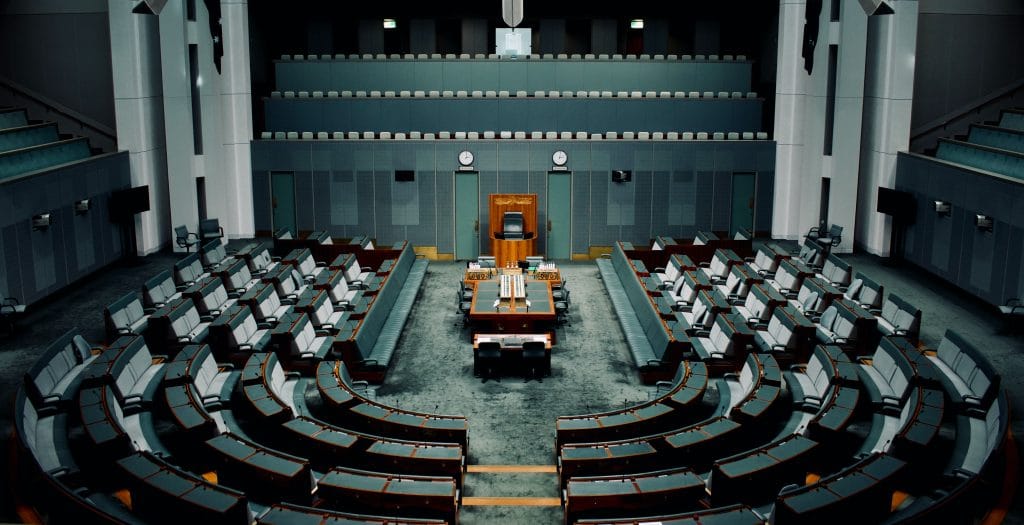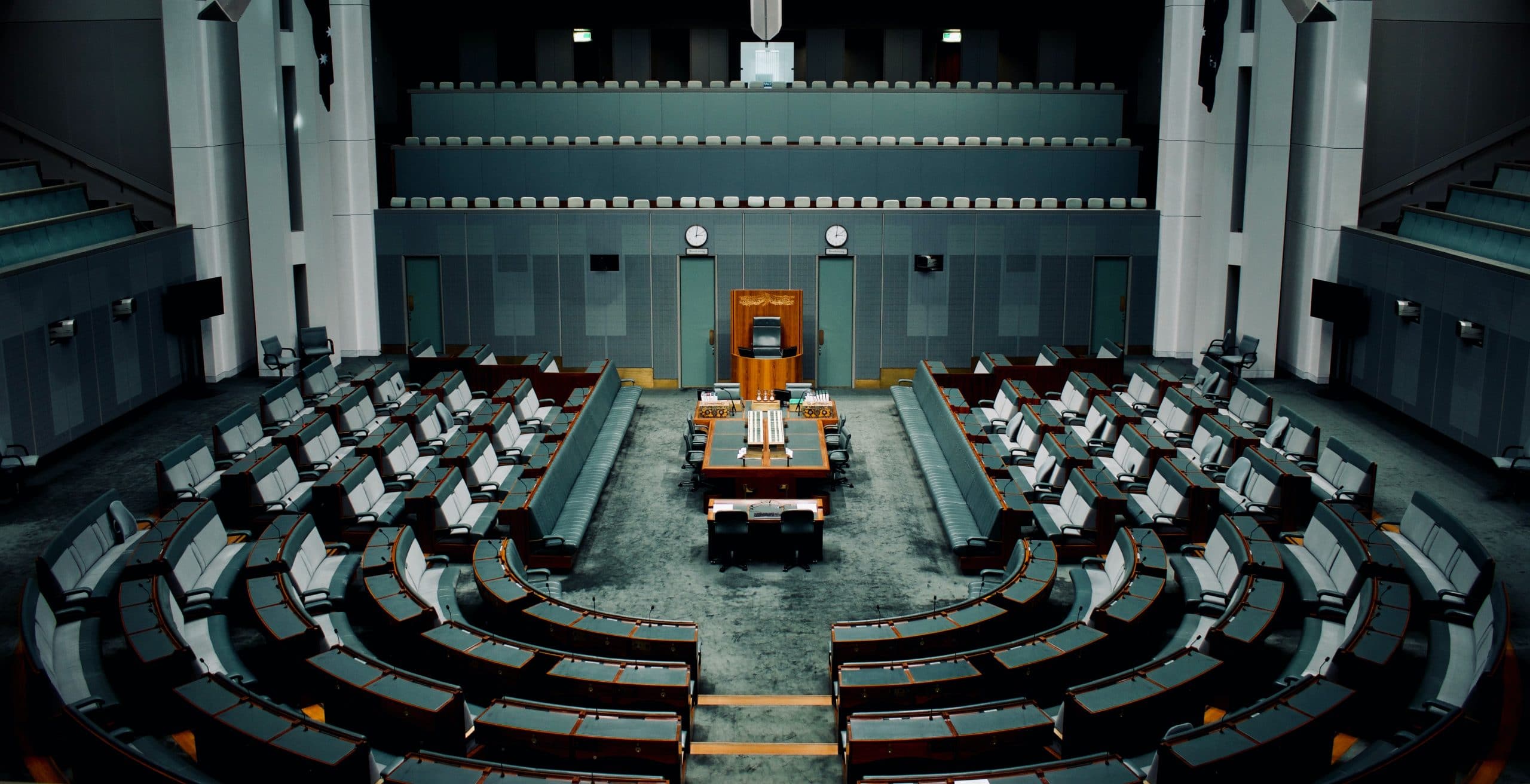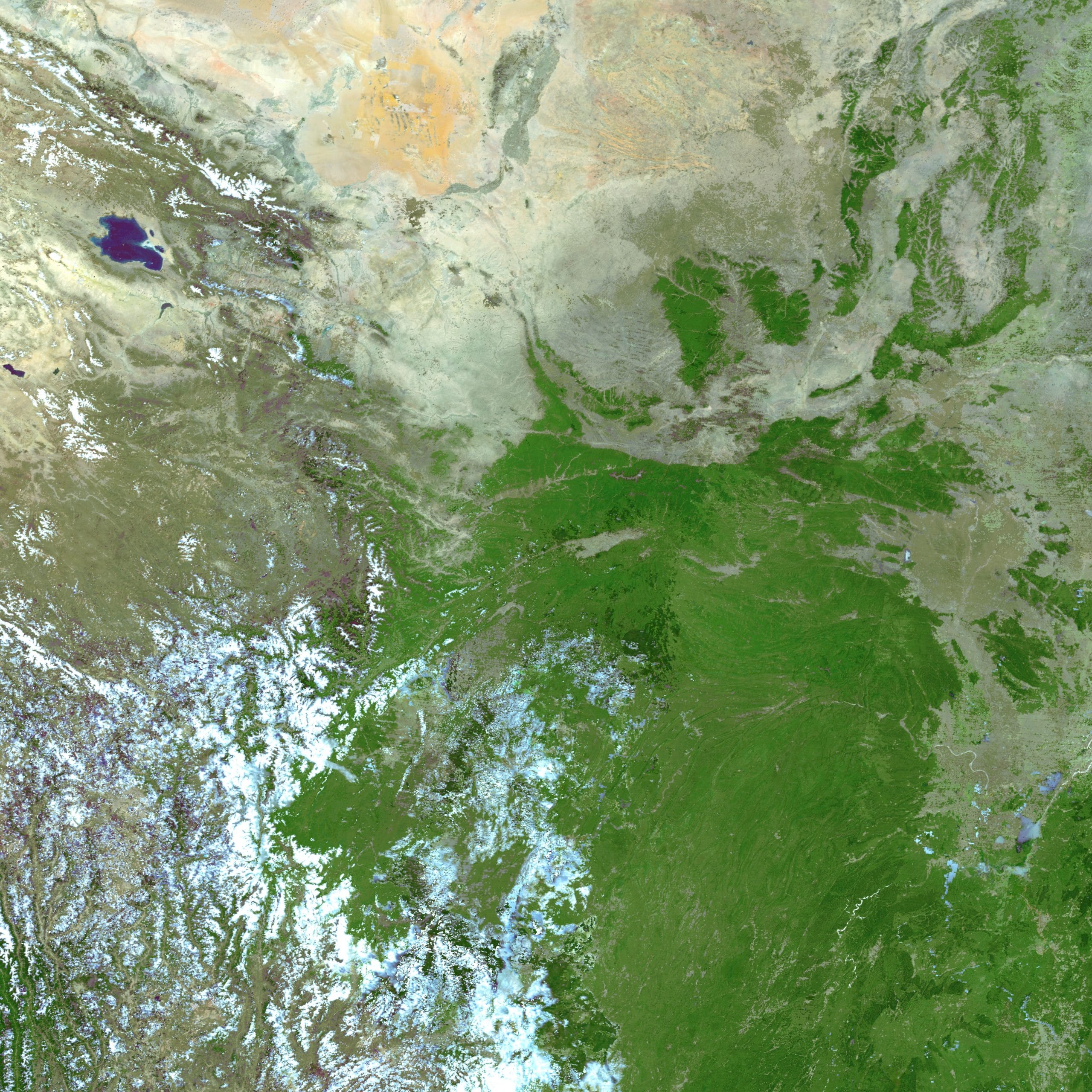Systems of Government
How much power should a president have and how can limits be placed on this power? How should the relationship between the president and the parliament be governed? Different government systems provide different answers to these questions, with distinctions being drawn between presidential, parliamentary and semi-presidential systems of government.
Under the presidential system, the president has considerable power; he or she is elected directly and therefore has a duty to the people rather than the parliament. Under the parliamentary system, the separation of powers between the executive and legislative branches is less strict. Members of the government often hold a seat in parliament. While the president also holds considerable power under the semi-presidential system, there is additionally a prime minister, who presides over the executive branch and must answer to the parliament.
The advantages and disadvantages of these systems are described in more detail in the following paper. The paper additionally addresses the question of which of these models is best suited for multi-ethnic and multi-religious societies and discusses how the electoral system influences the distribution of power in political systems. Finally, it considers when decision-making processes should follow majority rule and when the goal of state action should be to achieve consensus among all societal groups.

Power Sharing for a United Syria is a project run by the European Centre for Kurdish Studies. In Power Sharing for a United Syria, we work on three main pillars Capacity building and dialogue workshops, Policy advice, and Transparency.
In Power Sharing for a United Syria, we regularly organize workshops on constitutional law and the writing of a constitution with members of the Syrian opposition and Syrian civil society. On one hand, Our Advisory Board supports in particular members of the Small Group of the Constitutional Committee to anchor minority rights as an important part of human rights in the constitution. We want to build bridges between the different members of the opposition and representatives of civil society. Moreover, we want to support them in developing mutual positions regarding power-sharing, minority rights and women’s rights. On the other hand, in order to increase the transparency of the Syrian Constitutional Committee (SCC) and its work, we publish, among other things, video clips covering various topics related to the constitutional process.
This topic is discussed more in detail in our full article. Unfortunately, it is available only in German or Arabic.






